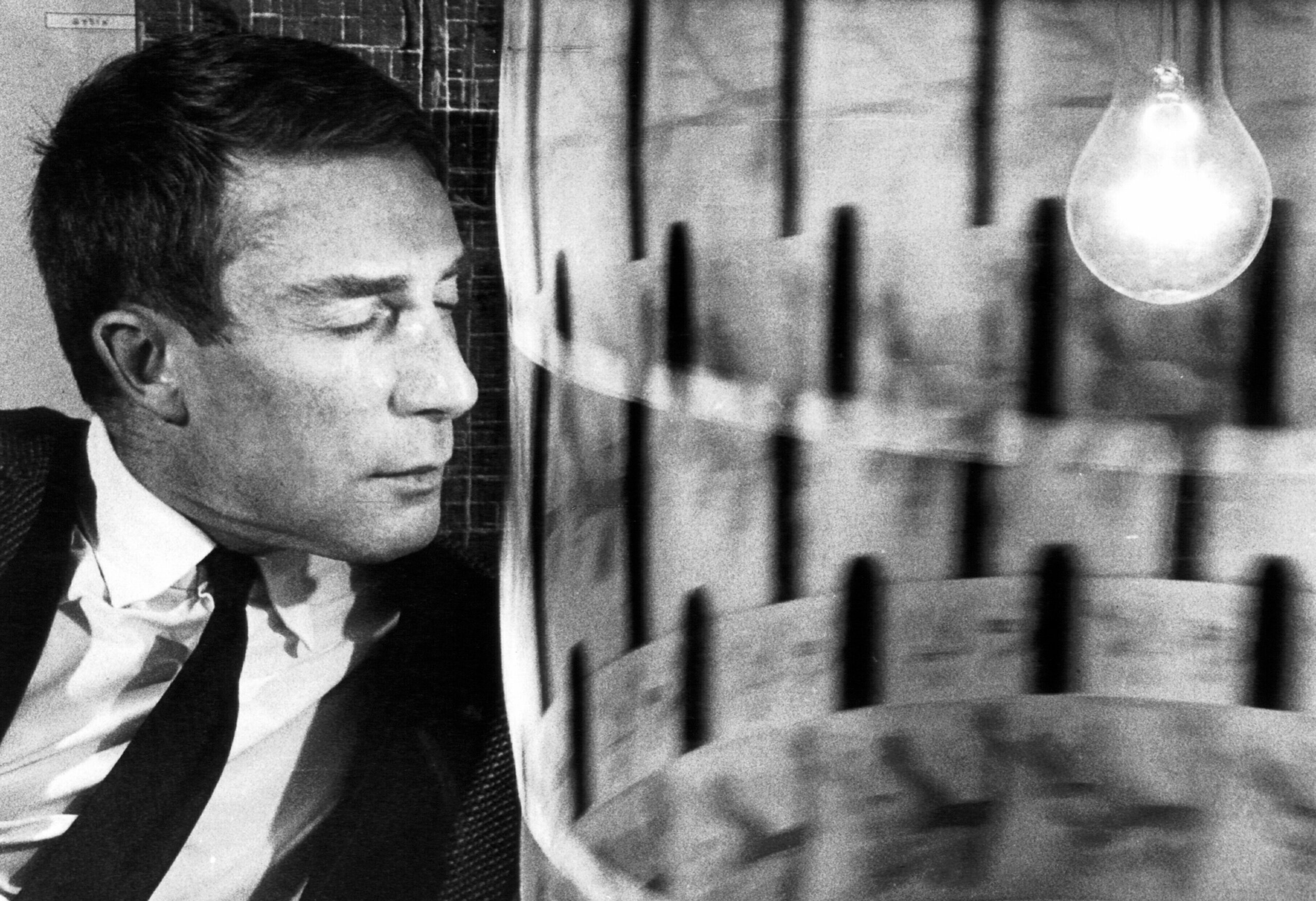

Discover more about Brion Gysin (artist, writer and innovator) – Inventor of the original Dreamachine (1959).

Envelop yourself in Mark Allen’s personal account of a journey through a homemade Dreamachine, in the New York Times.

This article traces back the history of flicker-induced hallucinations from the early use of stroboscopes to the dream machine.

Jon Hopkins in conversation with Cory Allen on taking guidance from deep within, and his new album Music For Psychedelic Therapy.

How the brain responds to music, what music is best to listen to, and the benefits of listening to music regularly.

“Meditation can make life musical, and music can bring a deep inner peace” — meditation master Sri Sri Ravi Shankar.

Listen to Fiona Macpherson (Professor of Philosophy at the University of Glasgow and Dreamachine team member) on the Philosophy Bites podcast.

Explore a range of illusions via The Illusion Index to discover how you perceive, and fail to perceive, the world around you.

In this video, Eugen Fischer (Reader of Philosophy, University of East Anglia) presents the ‘argument from hallucination’ that questions common sense.

Dacher Keltner outlines how awe can be found in our everyday lives; how it fosters kindness; how it embeds us in social collectives.

Jesse Prinz explains the origins of wonder and explores why it might just be humanity’s most important emotion.

Dacher Keltner explains the young science of awe, from how it's expressed to its health and wellbeing benefits in this Youtube video.

In a world where many people ‘grow out of’ being creative - what are the benefits of bringing this practice back into our lives?

Watch and listen to David Howes' Key Note at the International Visual Literary Association (2014) here.

Jennifer Ouellette illuminates the fascinating science and math behind the form constants you see when you hallucinate.